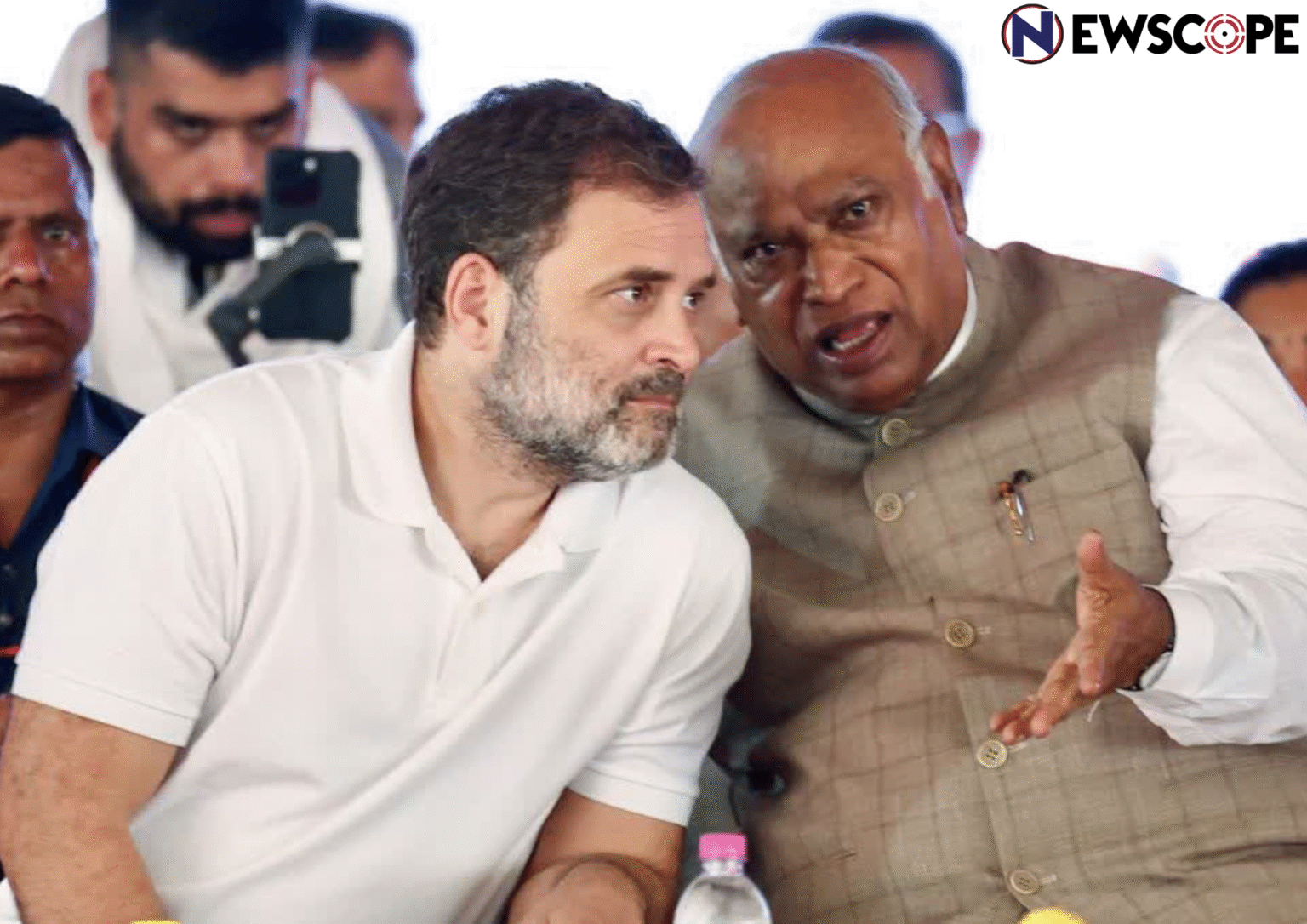The Congress is actively debating whether or not to join the proposed joint parliamentary committee (JPC) that will examine a bill that seeks resignation of Prime Minister, Chief Ministers and Ministers if they remain jailed for over 30 consecutive days over serious corruption charges.
The Constitution (130th Amendment) Bill, the Government of Union Territories (Amendment) Bill, and the Jammu and Kashmir Reorganisation (Amendment) Bill were moved by Union Home Minister Amit Shah on August 20, a day before the monsoon session of Parliament ended on Aug 21.
The bill introduced at short notice led to a war of words between the Centre and the Opposition. The government claimed The Constitution (130th Amendment) Bill was aimed at curbing corruption but the Opposition alleged the legislation had nothing to do with fighting corruption and was instead intended to topple governments, break parties, indulge in horse-trading, trap Opposition leaders in false cases, send them to jail and force their resignations.
Subsequently, the controversial bill was referred to a JPC for further examination and will be put to vote in Parliament later. INDIA bloc parties like the TMC, AAP, SP and Shiv Sena (UBT) have said they will not join the JPC that will examine The Constitution (130th Amendment) Bill. The Congress, which is the largest party in the INDIA bloc, said it was debating the issue within and will take a decision at an appropriate time.
Party insiders said the proposed JPC is likely to have 31 MPs, including 21 from the Lok Sabha and 10 from Rajya Sabha. The names are likely to be announced in around two weeks.
“The issue is being discussed within the party. A decision will be taken at the appropriate time. We had initially opposed the bill,” Rajya Sabha MP Syed Naseer Hussian, also a Congress Working Committee member, told ETV Bharat.
According to Congress insiders, there was broad view against the controversial bill within the party and going along with the allies seemed like a logical move to send a strong message but there was also a concern that absence of any dissent within the JPC will lead to one-sided recommendations to the government.
The Home Minister had claimed the bill will apply to all parties but the Opposition feels it will be misused to topple rival governments through false cases and arrest.
“There are several cases where some Opposition leaders were charged of corruption by the BJP but later when they joined the saffron party, they became clean. Also, we have noticed how actions of Central agencies has been against the Opposition leaders and none against the saffron party functionaries,” AICC functionary Chandan Yadav said.
He added, “What is the guarantee that the new bill will not be misused against the rivals. In my view the bill is an attempt to counter the vote theft issue which is gaining popularity among the people. The new bill is like vote theft through other means.”
Over the last few days, the BJP leaders have flagged senior Congress leader Rahul Gandhi’s opposition to an ordinance during the UPA government that aimed to protect the corrupt leaders. But the Congress leaders countered the charge by saying that the UPA ordinance offered protection only till the person was convicted by a court of law and not merely on being charged.
They cited the instance of AAP founder and former Delhi Chief Minister Arvind Kejriwal who was jailed for months in an alleged liquor scam. They also cited the case of Jharkhand Chief Minister Hemant Soren who was targeted in a corruption case in the first term but had resigned before getting arrested.
“Today, the situation is such that if the government dislikes the words of an elected representative, ED–CBI will be unleashed on them, and within 30 days, the elected leader will be removed from his/her post. This bill is clearly a move to weaken democratic institutions and suppress the voice of the opposition,” senior Congress leader TS Singh Deo told ETV Bharat.



